
Blog
Weight loss: Myths And Facts
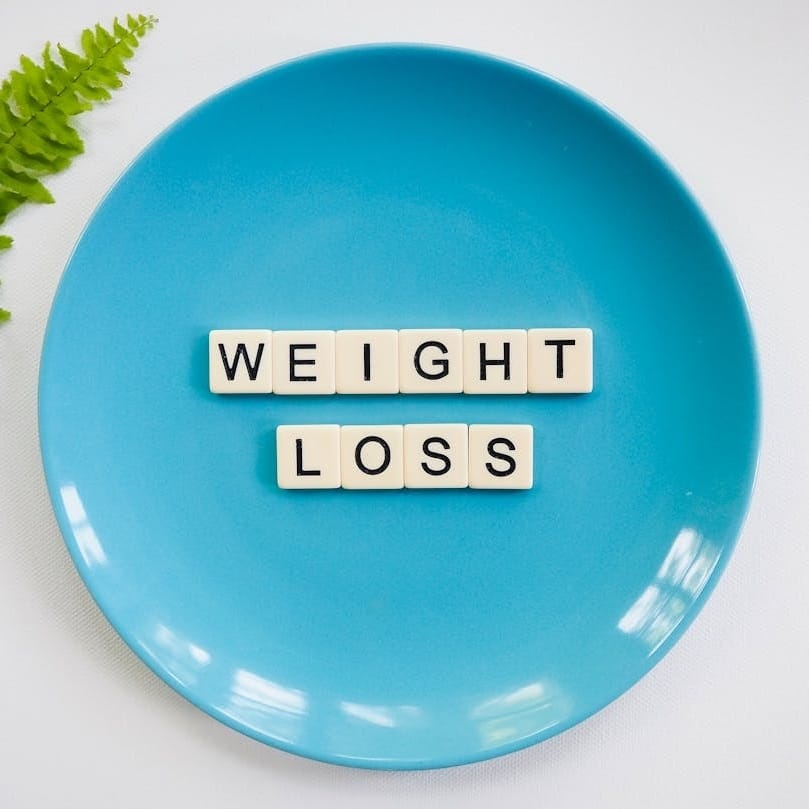
We may not want to admit this every time, but we have believed in weight loss myths at some points. It’s completely fine. Your friends might have told you certain facts about weight loss, but they were actually myths. In the same way, you might have followed some old weight loss tricks that didn’t actually work.
Before following a specific weight loss diet, it’s better to know the myths and facts. This way, you can get better knowledge about what to do. One simple idea is to use ChatGPT for meal planning. This especially applies to people who prefer customized weight loss diets.
Still, whatever method you choose, you should be aware of the common weight loss myths to be safe from getting tricked.
So, let’s get into the details.
Myth#1: You need to cut off your favorite foods to lose weight

Cutting off your favorite foods is the worst part of a weight loss journey. But the truth is, you don’t always have to remove your favorite foods from your diet.
The key here is to make healthy food choices.
And how do you make healthy food choices?
By counting calories in your food.
For example, if you love steak, losing weight won’t mean not eating your favorite steak. Instead, you can reduce the portion size and control calories.
Also, some studies suggest that limiting your food intake or restricting it can be harmful. It might lead to binge eating and mood fluctuations as well.
It’s good to eat your favorite food, as long as you’re controlling the calories, whether small in amount.
Myth#2: Skip meals to lose weight quickly
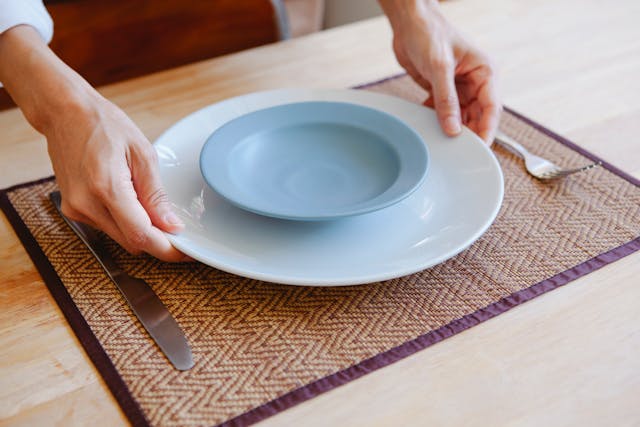
Sadly, most people skip meals to lose weight. While most of us believe that weight loss is associated with eating less, it’s not always true.
By eating less and skipping meals, we are depriving our body of the basic nutrients. Our body needs a specific amount of calories to function properly. Even in weight loss diets, if we deprive our body of the required nutrients, it can lead to harmful effects. Especially when we exercise with a nutrient-deprived body, we may feel fatigued and lack energy.
While controlling your diet and portion is important, you should not skip meals to lose weight. Instead, you can eat frequent meals in small portions by distributing the calories throughout the day. This will help prevent hunger pangs and fatigue.
Myth#3: Healthy foods are expensive

Have you heard about magic supplements that can instantly make you lose weight?
Well, it’s not true they’ll always work.
Following a natural way to lose weight is a better idea.
That also doesn’t mean you’ll have to buy expensive food.
It is possible to eat healthy on a budget, but it’s better to eat fruits, vegetables, and meat. You should also encourage cooking at home to save money.
Myth#4: Cardio is the best way to lose weight

While cardio is effective, it’s not the only way to lose weight.
In fact, too much cardio can destroy your gains.
So, you can join the gym to stay on track of your weight loss journey. It’s not necessary to jump to strenuous exercises to lose weight. You can also perform basic weight loss exercises like lunges, pushups, etc.
Weight training is also helpful for weight loss. Targeting the lean muscle mass might also be effective in losing weight and gaining muscles.
Myth#5: You must work out several hours to lose weight
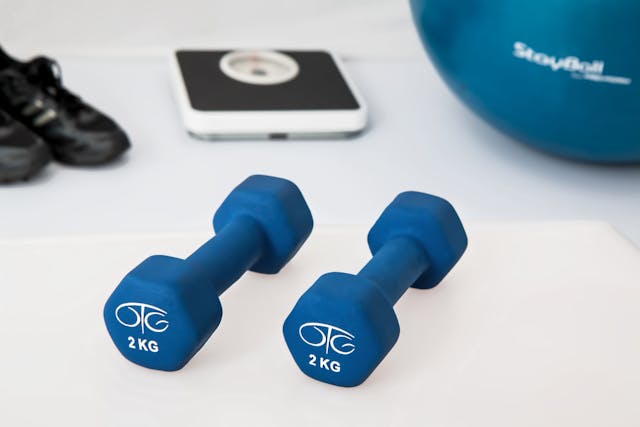
Exercising too much to lose weight is a common misconception among most fitness enthusiasts.
However, we know that too much exercise is not good.
According to a report, you should get 150 minutes of moderate aerobic activity in a week. Exceeding this limit can pose its own consequences. After too much exercise, muscles also need time for recovery. If you don’t give your muscles a break, they won’t get repaired.
So, the best way to lose weight is to manage your nutrition and exercise the right way.
Myth#6: Eat less than 1000 calories a day to lose weight
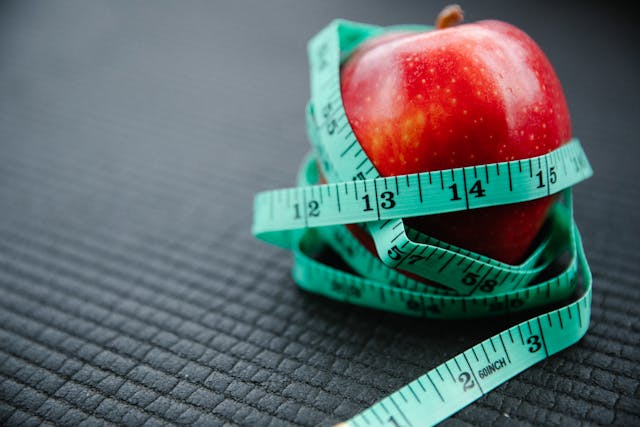
While weight loss is associated with eating less, you should not go below the required limit. Following the right weight loss diet is important.
The required calories for weight loss will differ for people, depending on their gender, age, and lifestyle. You can get more information here.
So, instead of sticking to a specific number of calories to lose weight, you need to understand that several factors can lead to differences. Therefore, it’s better to plan your calories according to your goals.
Myth#7: Eating fatty foods will lead to weight gain
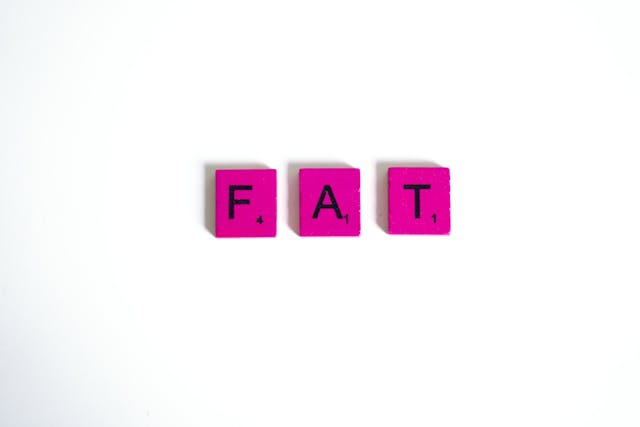
While it’s true that fatty food leads to weight gain, this usually applies to eating too many fatty items.
Eating a moderate amount of fats is good, even if you are trying to lose weight. Also, you need to be careful about healthy and unhealthy fats in this regard.
Eating healthy fats, like those in olive oil, fish, nuts, etc., is good. They can fulfill the requirement of essential fatty acids in your body to help it function properly.
So, depriving your body of essential fats is not a good idea. Choosing low-fat in moderate amounts can be helpful.
Myth#8: Cut carbs to lose weight
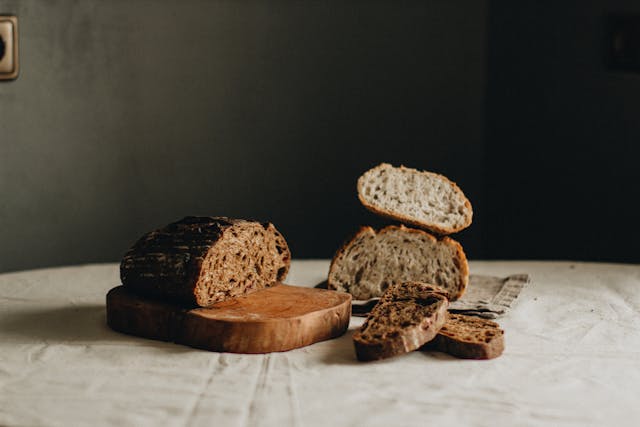
If we rely on the old news, we can believe that carbs are bad for you.
But now, we see that carbs are actually healthy, and eating them in the right amount won’t disrupt your weight loss.
Carbs provide energy, which is essential to exercise and do regular tasks. So, a low-carb diet can be good. Instead of relying on other items, you can eat good carbs like pasta, bread, rice, etc.
As there are still misconceptions about carbs and weight loss, it’s better to consult a nutritionist to guide you best according to your goals.
Take-away message
Instead of relying on weight loss myths, you should learn the facts. While most of these myths were believed to be true in older times, recent studies prove the opposite.
So, remember that weight loss is an individual process. You cannot follow a universal myth and believe it’s true. When it comes to weight loss, there is no one-approach-fits-all strategy. You have to make your weight loss journey according to your fitness goals.












